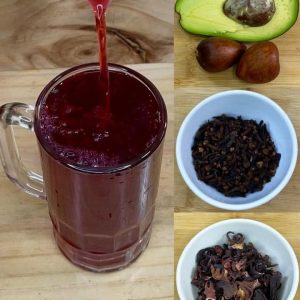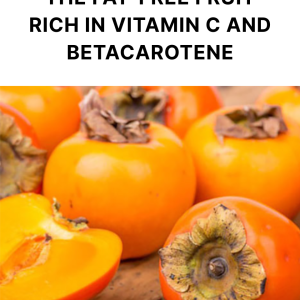
Guava isn’t just a sweet, tropical delight — it’s also a fruit with impressive health benefits, particularly for those managing diabetes or aiming to prevent it. Packed with fiber, antioxidants, and essential nutrients, guava supports healthy blood sugar levels when included in a balanced lifestyle.
Below, we explore the science-backed ways guava can promote better metabolic health and glucose control.
1. Low Glycemic Index: Gentle on Blood Sugar
Foods with a low glycemic index (GI) are digested slowly, leading to a gradual rise in blood sugar rather than a sudden spike.
Guava falls into this category, making it an ideal fruit for individuals with diabetes or anyone seeking stable energy levels. Unlike high-GI fruits such as pineapple or watermelon, guava provides natural sweetness without the risk of rapid glucose surges.
2. Rich in Fiber — Especially Soluble Fiber

One of guava’s most powerful benefits lies in its high fiber content. A single medium guava provides more than 5 grams of fiber, much of it soluble fiber, which plays a key role in regulating blood sugar.
Fiber supports blood sugar control by:
- Slowing sugar absorption into the bloodstream, reducing post-meal spikes
- Promoting digestive health and a balanced gut microbiome
- Enhancing fullness and reducing overeating
- Aiding in weight management, an essential part of type 2 diabetes prevention
3. A Source of Antioxidants and Essential Nutrients
Guava’s nutritional profile makes it a true superfruit for metabolic health.
- Vitamin C: Guava provides more vitamin C than oranges, helping boost immune function and potentially improve insulin sensitivity.
- Potassium: This mineral supports healthy blood pressure and cardiovascular function — both key concerns for people with diabetes.
- Flavonoids (such as quercetin): These antioxidants reduce inflammation and oxidative stress, two major contributors to insulin resistance.
4. Guava Leaves: Traditional Medicine Meets Modern Science

Beyond the fruit itself, guava leaves have been used for centuries in herbal medicine to support blood sugar balance — and modern studies support these traditional claims.
Guava leaf tea or extract may help by:
- Lowering post-meal blood glucose levels
- Blocking enzymes that convert carbohydrates into glucose
- Enhancing insulin sensitivity
How to make guava leaf tea: Boil a handful of fresh or dried guava leaves in water for about 10 minutes, strain, and drink warm or cold.
How to Include Guava in a Blood Sugar-Friendly Diet
- Eat it fresh: Whole guava, preferably with the peel if organically grown, retains the most fiber and nutrients.
- Try guava leaf tea: Drink occasionally, especially after high-carbohydrate meals.
- Avoid processed versions: Steer clear of canned guava in syrup, sugary juices, or guava-based desserts.
- Watch portions: While nutritious, guava still contains natural sugars. Aim for half to one fruit per serving.




